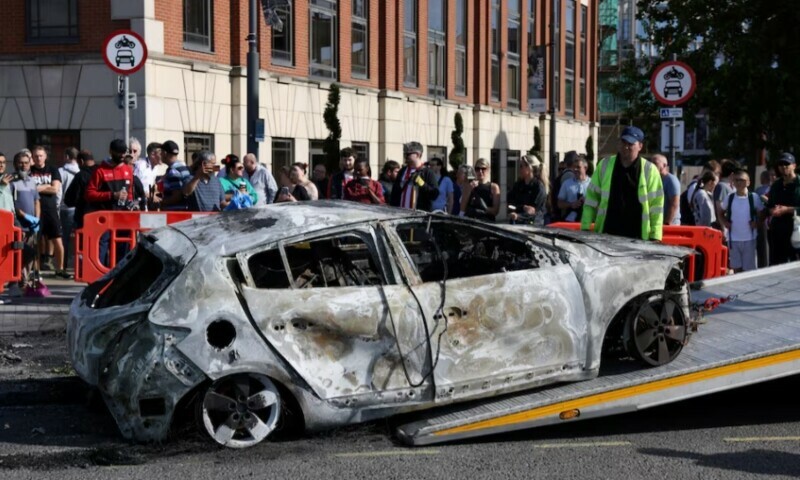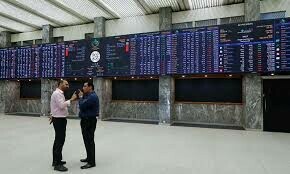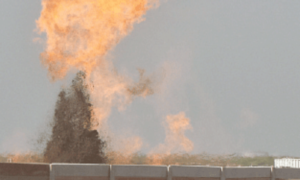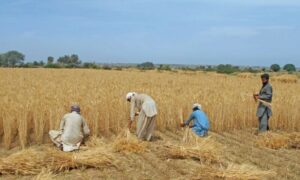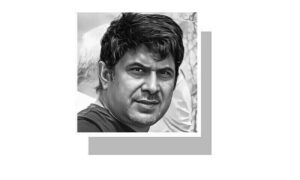British police are putting more officers on the streets amid warnings of more violent disorder this weekend and mosques have tightened security after anti-immigration protesters torched cars following the murder of three young girls.
Riots involving hundreds of people — or thousands in one protest in London — have erupted this week, after false information spread rapidly online that the suspect in the killings in the northwest town of Southport was a radical Muslim migrant.
Police have said the suspect, Axel Rudakubana, is a 17-year-old who was born in Cardiff, Wales.
Prime Minister Keir Starmer, facing his first big test since being elected a month ago, has condemned the “far-right” for the violence, met police chiefs and backed forces to take strong action.
He has travelled twice to Southport since the attack, meeting community leaders and thanking the emergency services.
The last time major widespread violence erupted in Britain was in 2011 when thousands took to the streets for six nights after police shot dead a Black man in London.
On Friday night a few hundred anti-immigration demonstrators gathered in Sunderland, northeast England, where they threw stones at police in riot gear near a mosque, before overturning vehicles, setting a car alight and starting a fire near a police station.
Four injured police officers were taken to hospital and ten people were arrested for offences, including violent disorder and burglary, Northumbria Police, which oversees Sunderland, said.
“This was not a protest. This was unforgivable violence and disorder,” Mark Hall, chief police superintendent of the Sunderland area, told reporters on Saturday.
At least 30 demonstrations are being planned across the UK this weekend, the BBC said, along with a number of counter-protests by anti-racism groups.
Mosques nationwide have strengthened security arrangements for the weekend, the Muslim Council of Britain said following a security briefing with hundreds of representatives from mosques and Islamic centres across the country.

